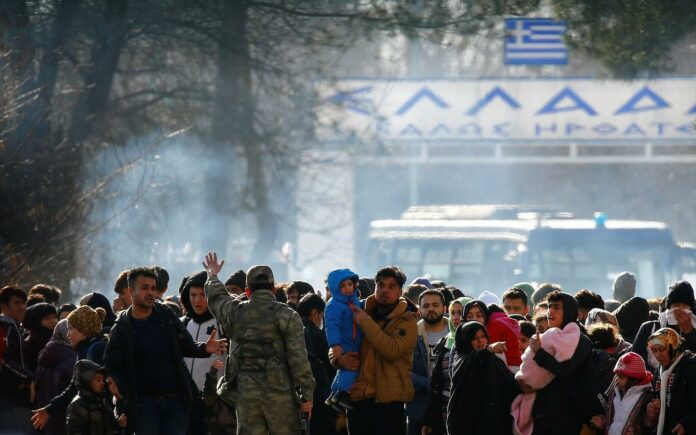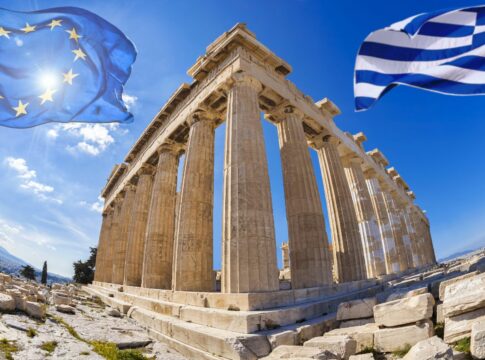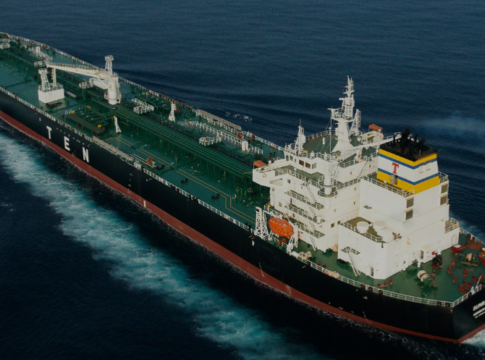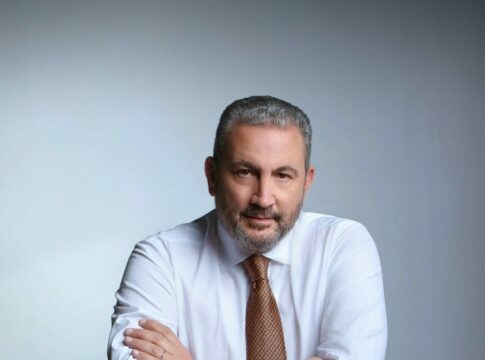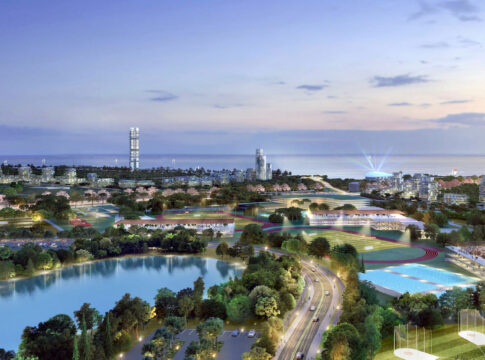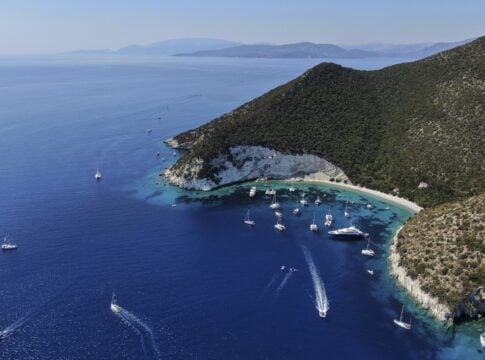Greek police forces, and in many cases military personnel, were beefed up and placed on higher alert along the Evros River border on Friday, hours after the Turkish government more-or-less officially announced that it will not stop any third country national from illegally trying to exit the country in order to reach preferred EU destinations.
The development generated a buzz of government and state activity in Athens, with Prime Minister Kyriakos Mitsotakis taking to the Greek premier’s official Twitter account to state that “…significant numbers of migrants and refugees have gathered in large groups at the Greek-Turkish land border and have attempted to enter the country illegally. I want to be clear: no illegal entries into Greece will be tolerated. We are increasing our border security.”
Earlier, Mitsotakis spoke by phone with German Chancellor Angela Merkel, French President Emmanuel Macron and EU Council President Charles Michel over what the Greek side fears is a repeat of the 2015 migrant/refugee crisis.
The prospect of Turkey opening up its borders, sea and land, to third country nationals seeking asylum and the prospect of migrating to richer European country is a political nightmare for the months-long conservative Greek government, which promised a “get tough” policy while in the opposition and before the July 2019 election. However, in the months since then, flows of irregular migrants and would-be asylum seekers surged in the eastern Aegean.
A second Tweet on Mitsotakis’ account noted that “…Greece does not bear any responsibility for the tragic events in Syria and will not suffer the consequences of decisions taken by others. I have informed the European Union of the situation.”
Throughout Friday Turkish media showed busses taking people from Istanbul towards the land border with Greece, mostly to the city of Edirne, with many reports saying the transportation was free of charge.
Turkish President Recep Tayyip Erdogan, a day earlier, used a deadly attack by Russian warplanes against Turkish soldiers in jihadist-occupied Idlib to threaten to send what he called “Syrian refugees” to the west. Idlib is the last remaining territory in Syria held by various shades of rebels, insurgents and Islamist terrorists, including an al-qaeda affiliate in the ravaged country and the remnants of ISIS.
On the island of Lesvos, which has borne the brunt of the migrant/refugee crisis since 2015, the relevant shipping minister said coast guard patrols and assets have also been increased, with the aim to deflect the seaborne landings of irregular migrants on the island.


